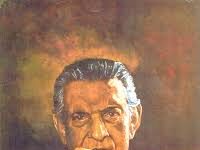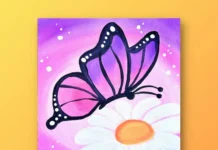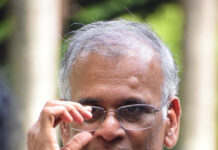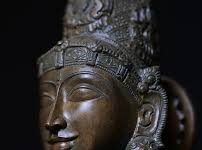
Dear Je,
Because of my family background, I believed I knew a lot about Hinduism. After passing through three classes of their philosophy, I came to realize that I knew nothing, and all I knew were scraps of information, Puranas, and some mantras. I was able to perceive some drops of an ocean of wisdom. The Hindu religious philosophy, particularly the Upanishads, is so deep and wide.
Thanks for the opportunity to teach such a formal lesson without any propaganda.
with love
Sreedharan
Bangalore
Dear Sridaran
This is the real problem in today’s environment.
We received our religious education in two distinct ways. One, as a family system. Another was taught by the Guru. The first type consistently emphasises etiquette, formality, and devotion. It’s very personal, and anyone can follow it. On the other hand, only the Guru will impart knowledge on both intellectual and spiritual paths.
In India, the gurukula legacy has become stale over the past few centuries. Today, the guru system is mostly based on religious monasteries. It’s another family tradition now. There are only etiquette and formalities. Philosophical education has completely disappeared.
The Guru system should have specific characteristics.
In today’s world, a gurukula system should consistently strive to modernise itself. It should not stagnate as an organization. It needs to stay connected to the modern world.
A guru should be concerned with the student’s journey. He should not be self-promoting.
The path of enlightenment, whatever it may be, must encompass absolute freedom. The student should have the opportunity to choose his own path. Neither birth nor environment should bind him.
We are trying to create such an opportunity.
Jeyamohan












